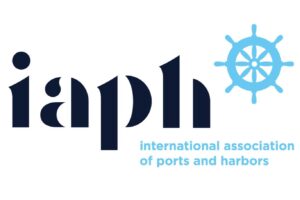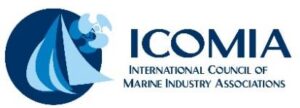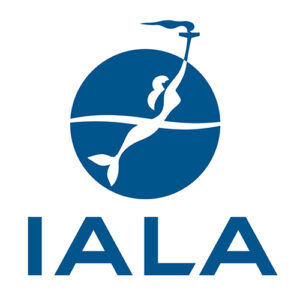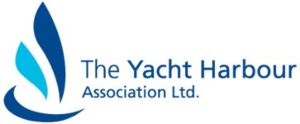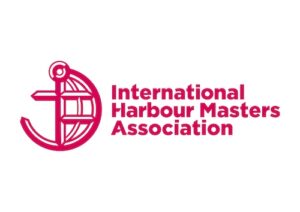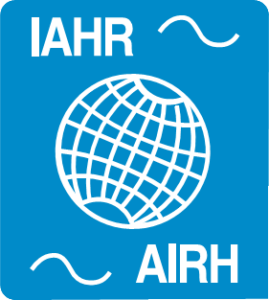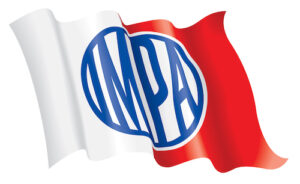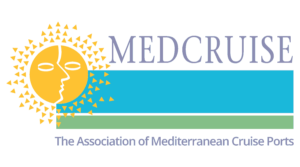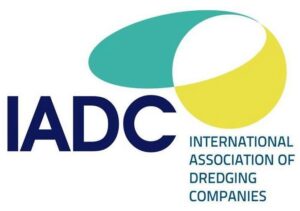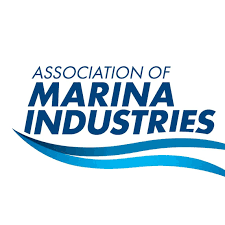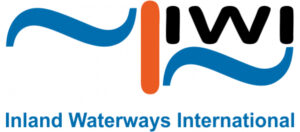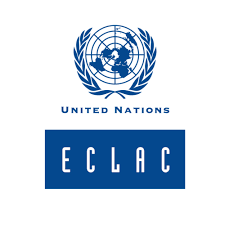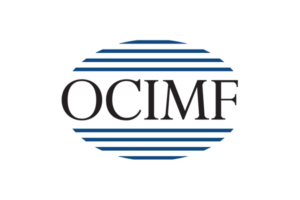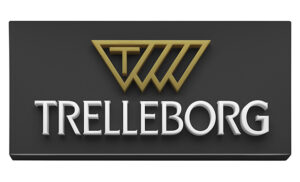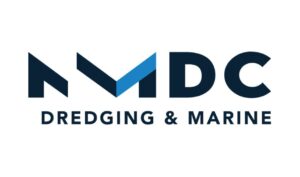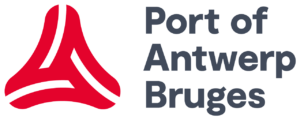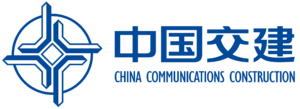About PIANC
As a non-political and non-profit organisation established in 1885, PIANC’s mission is to bring together international experts to issue high-ranking technical reports covering a wide range of topics related to sustainable waterborne transport infrastructure.As a PIANC member, you can sign up to be in one of our Working Groups, gain access to all our Working Group reports for free and obtain reduced fees for our events:
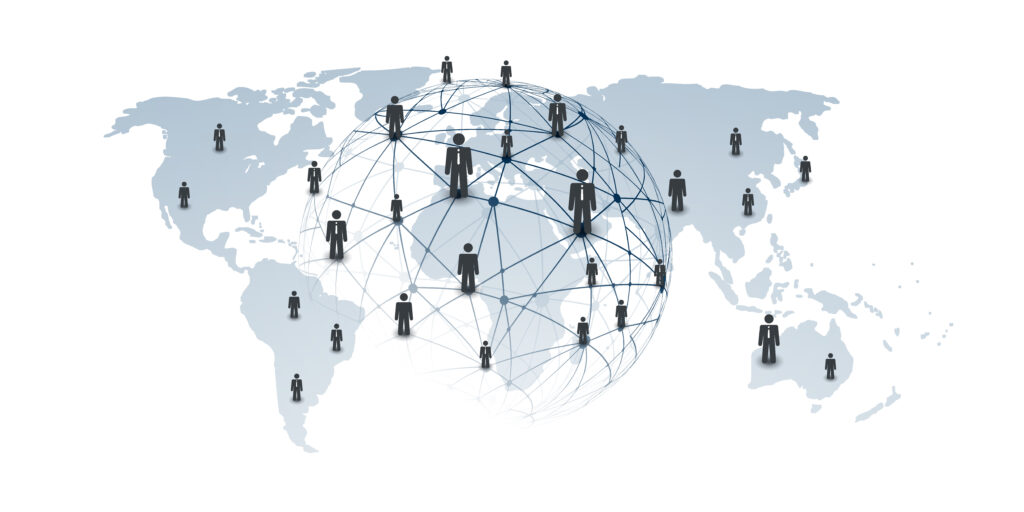
PIANC History Book and Flyer
- the PIANC World Congress (every 4 years)
- the PIANC-COPEDEC Conferences (every 4 years)
- the PIANC-SMART Rivers Conferences (every 2 years)
Last but not least, PIANC undertakes major efforts to involve Young Professionals and Emerging Countries in its activities.
Have a look at our different types of memberships, we hope to welcome you within the PIANC Community soon!
PIANC Management
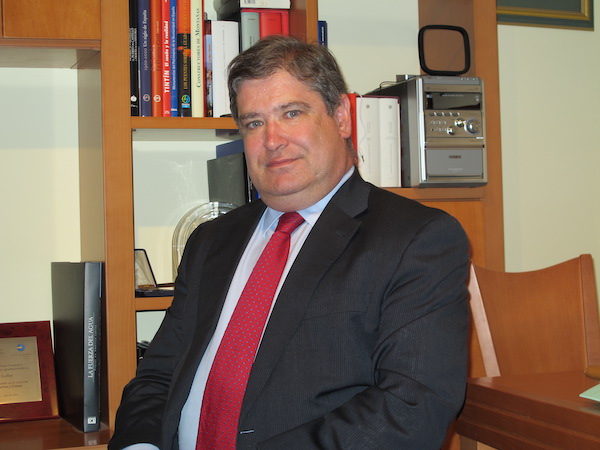
Francisco Esteban Lefler
President
- Email president@pianc.org

Geert Van Cappellen
Secretary-General
The governing body is the Annual General Assembly, which is composed of delegations from the member countries (Qualifying Members). These delegations represent all members of the related countries.
The Council meets twice a year and gathers the members of the Executive Committee (ExCom), the Honorary Members and the First Delegates of the member countries. The Council examines and approves proposals and recommendations of the ExCom and submits them to the AGA for ratification.
The ExCom is composed of the President, Secretary-General, Vice-Presidents and Chairpersons of each Commission and meets three times a year. It ensures the executive management of the Association and monitors the decisions and directives of the Council and the AGA.
PIANC's Sister Associations
A Memorandum of Understanding is signed with our Sister Associations.
It is agreed that in order to enhance the impact of both Associations in the area of the related waterborne transport infrastructure, to co-operate, communicate and collaborate in the following fields whilst recognising and respecting their individual identities, membership expectations and traditions.
